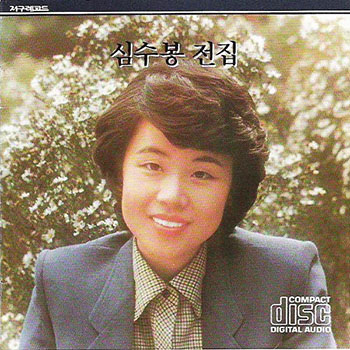Democratic People’s Republic of Korea
North Korea, officially the Democratic People’s Republic of Korea (DPRK), is a country in East Asia, in the northern part of the Korean Peninsula. The name Korea is derived from the Kingdom of Goguryeo, also spelled as Koryŏ. The capital and largest city is Pyongyang. North Korea shares a land border with China to the north and northwest and with Russia to the northeast. The Korean Demilitarized Zone marks the boundary between North Korea and South Korea.
Korea was annexed by the Empire of Japan in 1910. After the Japanese surrender at the end of World War II in 1945, Korea was divided into two zones by the United States and the Soviet Union, with the north occupied by the Soviets and the south by the Americans. An invasion initiated by North Korea led to the Korean War (1950–53). Although the Korean Armistice Agreement brought about a ceasefire, no official peace treaty was ever signed.
The DPRK officially describes itself as a self-reliant socialist state and holds elections. However, critics regard it as a totalitarian dictatorship. Various outlets have called it Stalinist,[20][21][22] particularly noting the elaborate cult of personality around Kim Il-sung and his family. Over time North Korea has gradually distanced itself from the world communist movement. Juche, an ideology of national self-reliance, was introduced into the constitution as a “creative application of Marxism–Leninism” in 1972. Read more…
North Korea, sometimes referred to as the Hermit Kingdom, is one of the most isolated countries in the world. Because there is little interaction between the DPRK and the international community, there is an air of mystery that surrounds the nation.
Pyongyang, DPRK
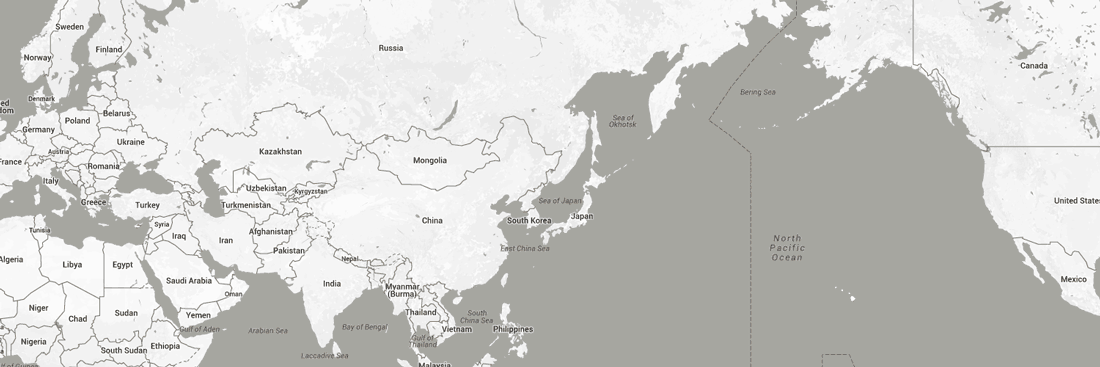
Pyongyang, the capital city, is a large metropolis of 3.5 million people. There are many monuments in the city dedicated the Kim dynasty. Every morning at 6 AM loudspeakers play the song “Where are you, Dear General?”, written by Kim Jong-Il to wake up the citizens and call them to work.
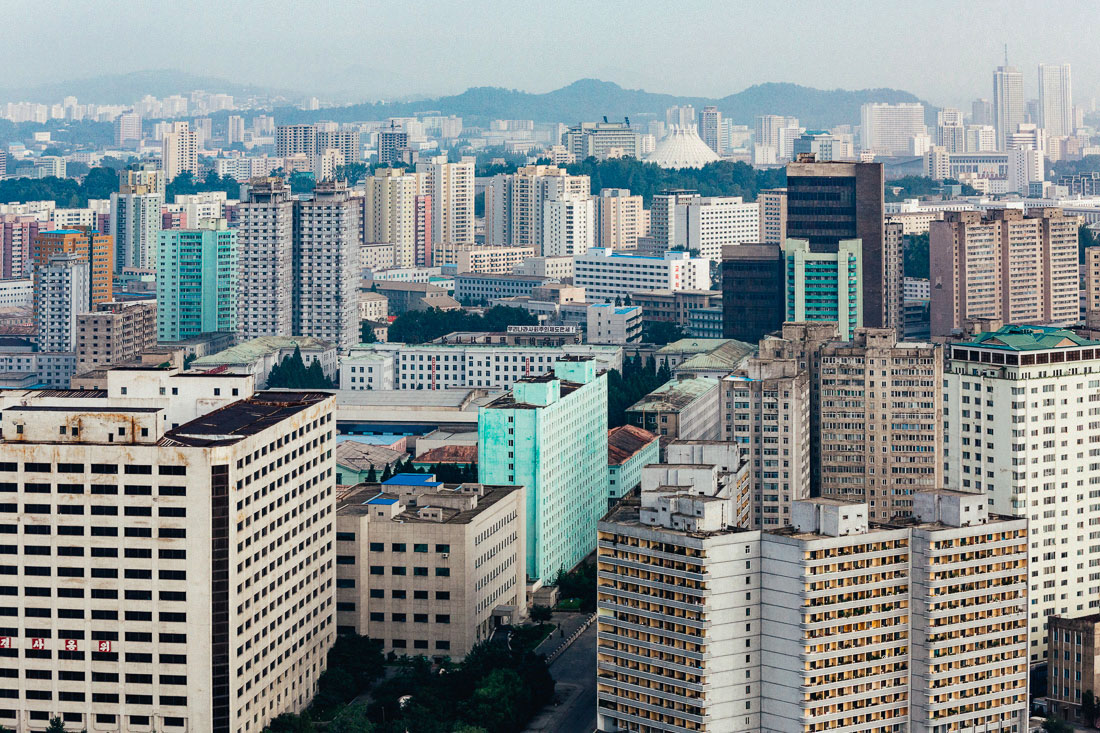
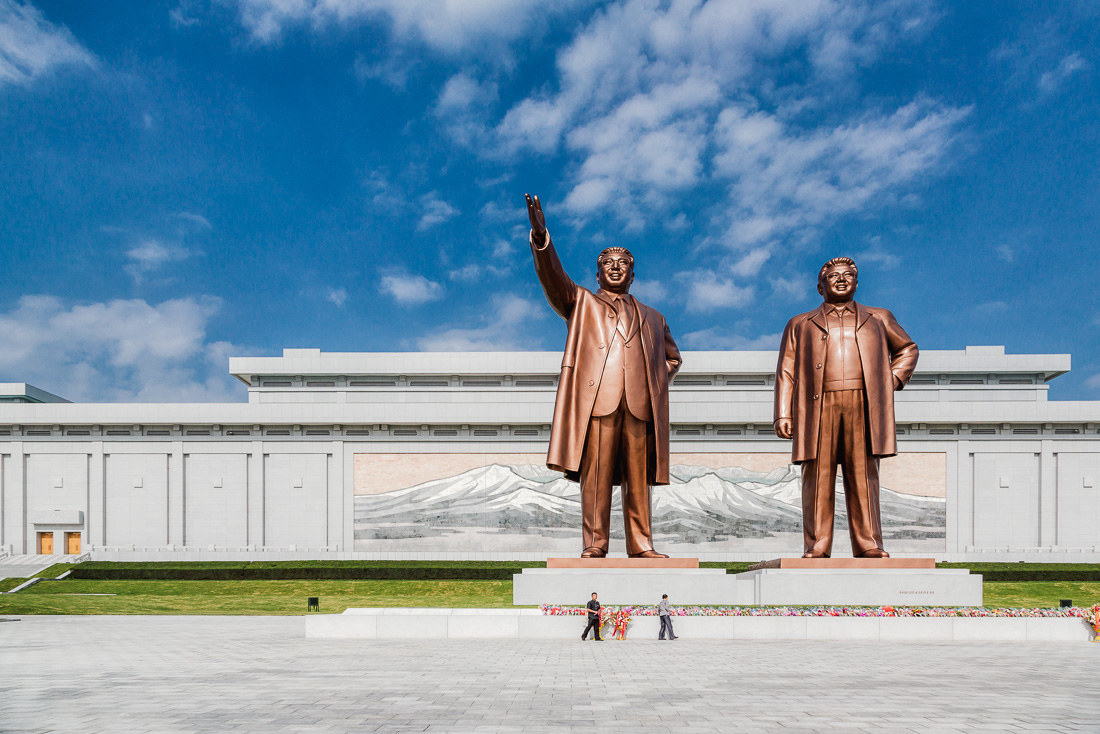
The streets are large in Pyongyang, however there are few cars. Because the economics of the country are state controlled, there is virtually no market activity. Many of the streetscapes are austere.
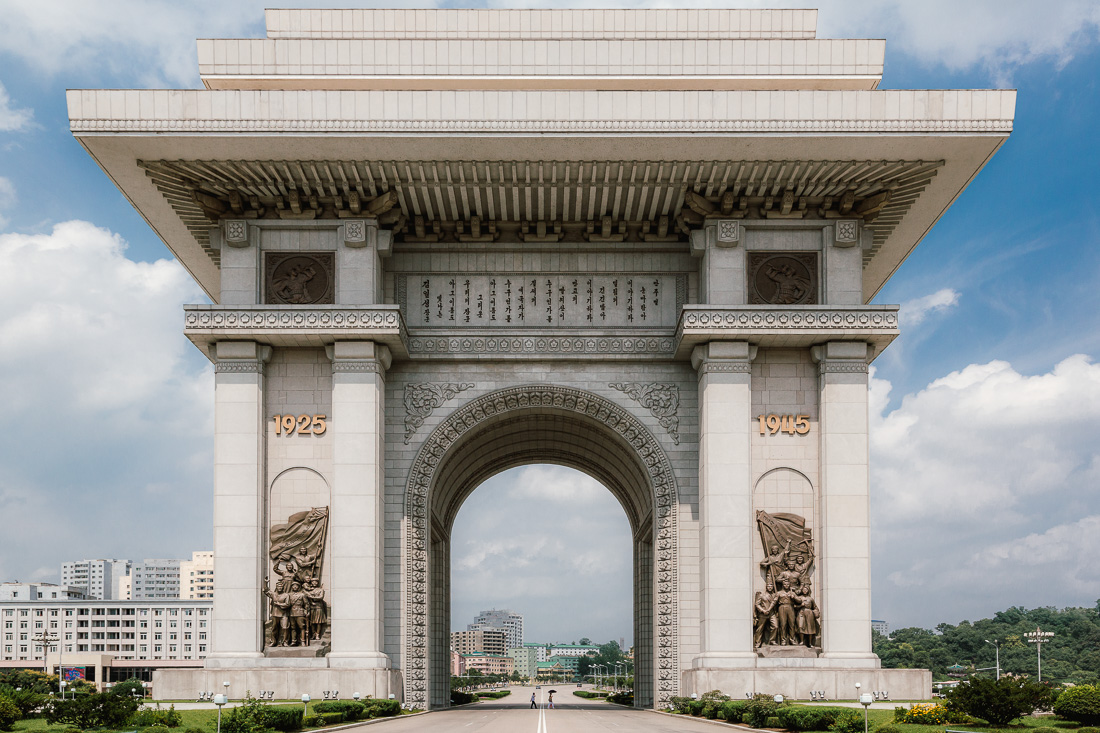
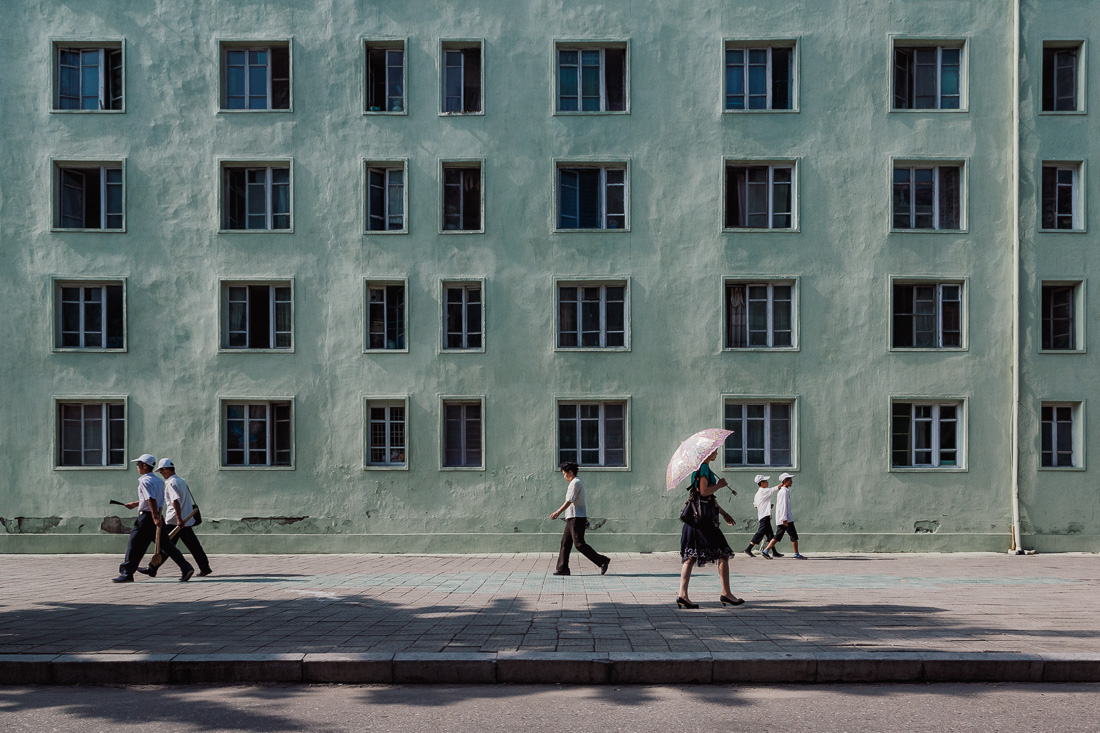
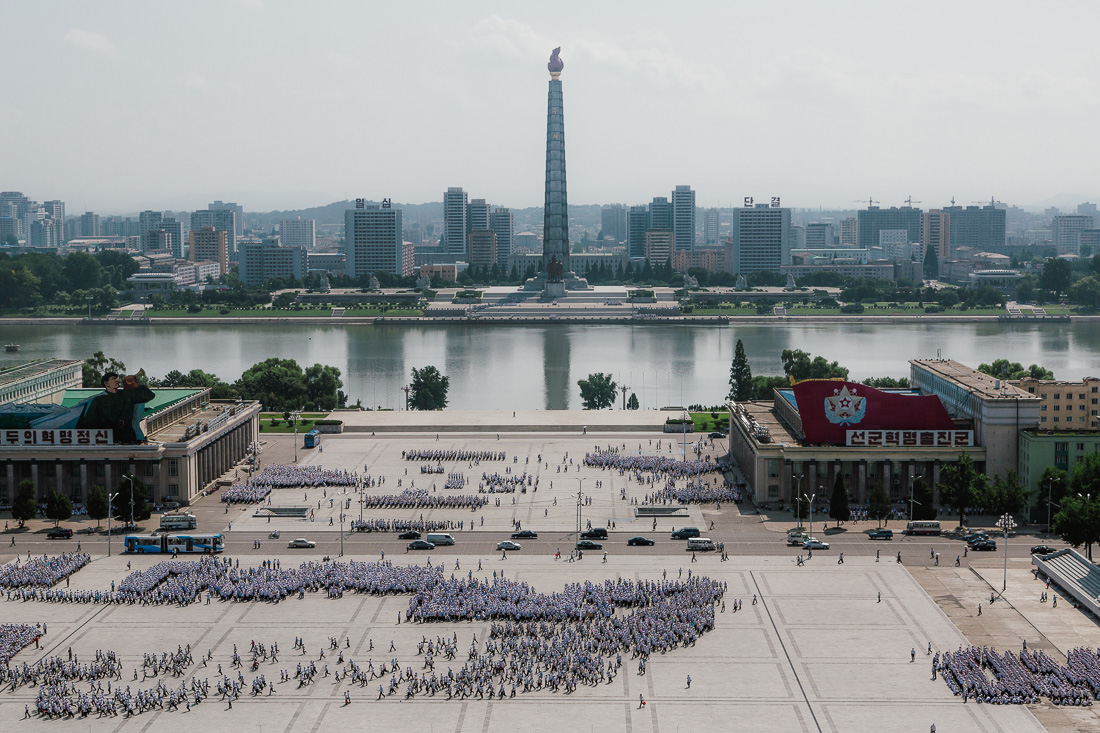
At the center of Pyongyang is the Grand People’s Study House, a library dedicated to the national study of Juche. Citizens can take classes, read the collected works of Kim Il Sung and access the local internet within the building.
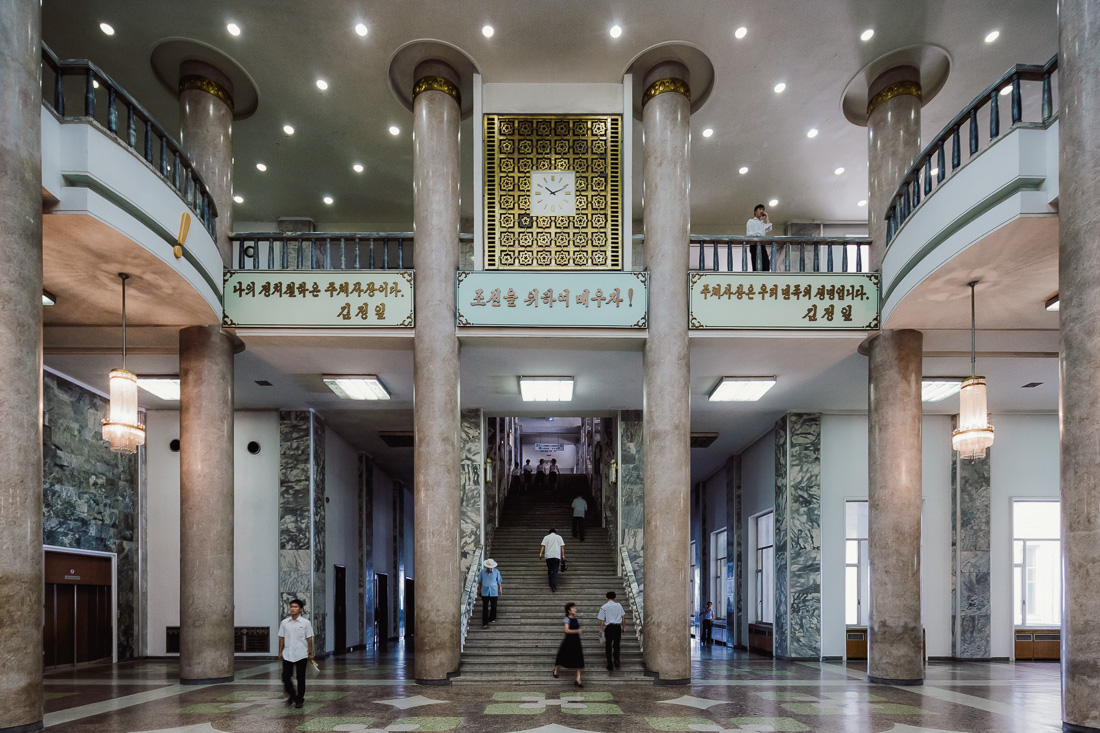
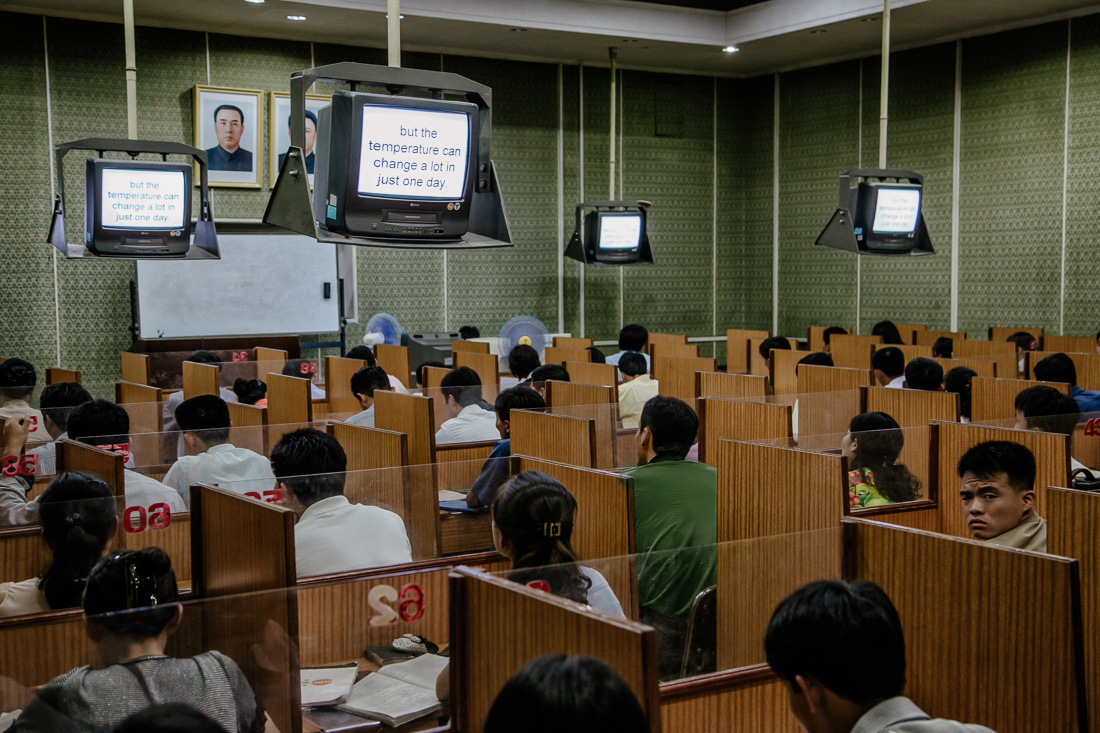
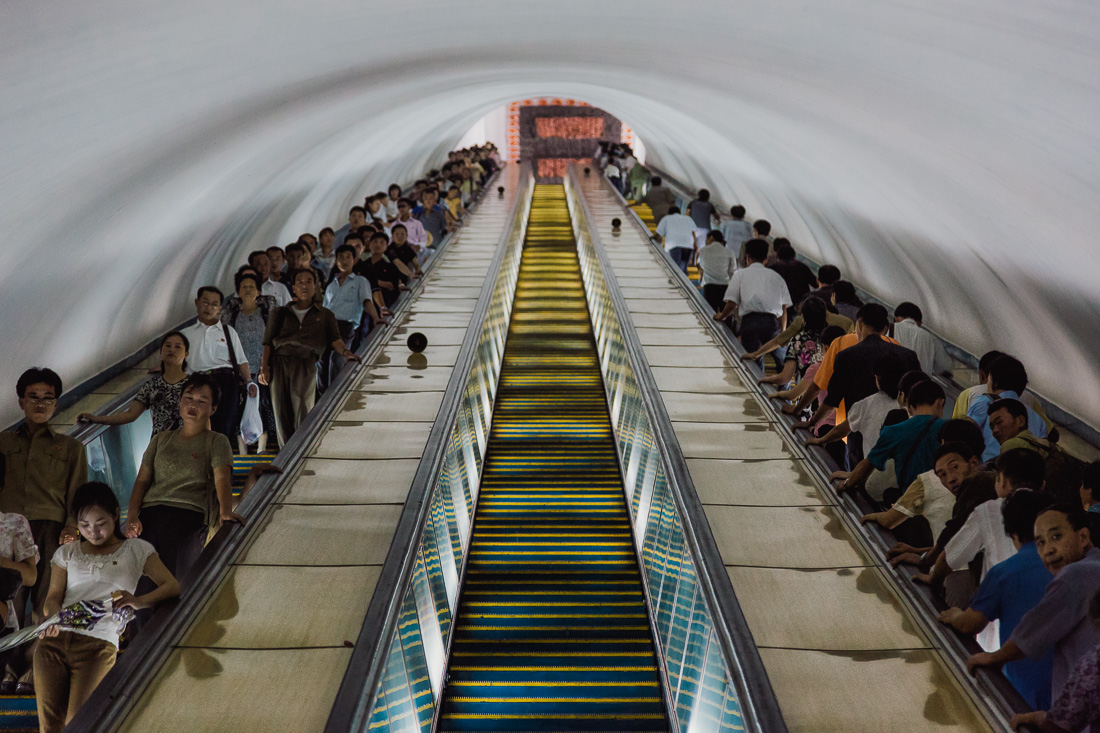
Mass Games
The Grand Mass Gymnastics and Artistic Performance Arirang, also known as the Arirang Mass Games, is a gymnastics and artistic festival held in the Rungrado May Day Stadium in Pyongyang, North Korea. The games usually begin in early August and end around 10 September.
The extravaganza unfolds an epic story of how the Arirang nation of Korea, a country of morning calm, in the Orient put an end to the history of distress and rose as a dignified nation with the song ‘Arirang’.
Mass Games can be described as a synchronized socialist-realist spectacular, featuring over 100,000 participants in a 90-minute display of gymnastics, dance, acrobatics, and dramatic performance, accompanied by music and other effects, all wrapped in a highly politicized package. The 90 minute performance is held every evening at 7pm and features the ‘largest picture in the world’ a giant mosaic of individual students each holding a book whose pages links with their neighbours’ to make up one gigantic scene. When the students turn the pages the scene or individual elements of the scene change.
Read more…
The Mass Games are held during the summer and nearly every citizen participates at some point of their lives. While there tens of thousands of performers, the audience usually only numbers in the hundreds and consists of tourists, official party members and a small number of citizens that can afford to the price of a ticket.
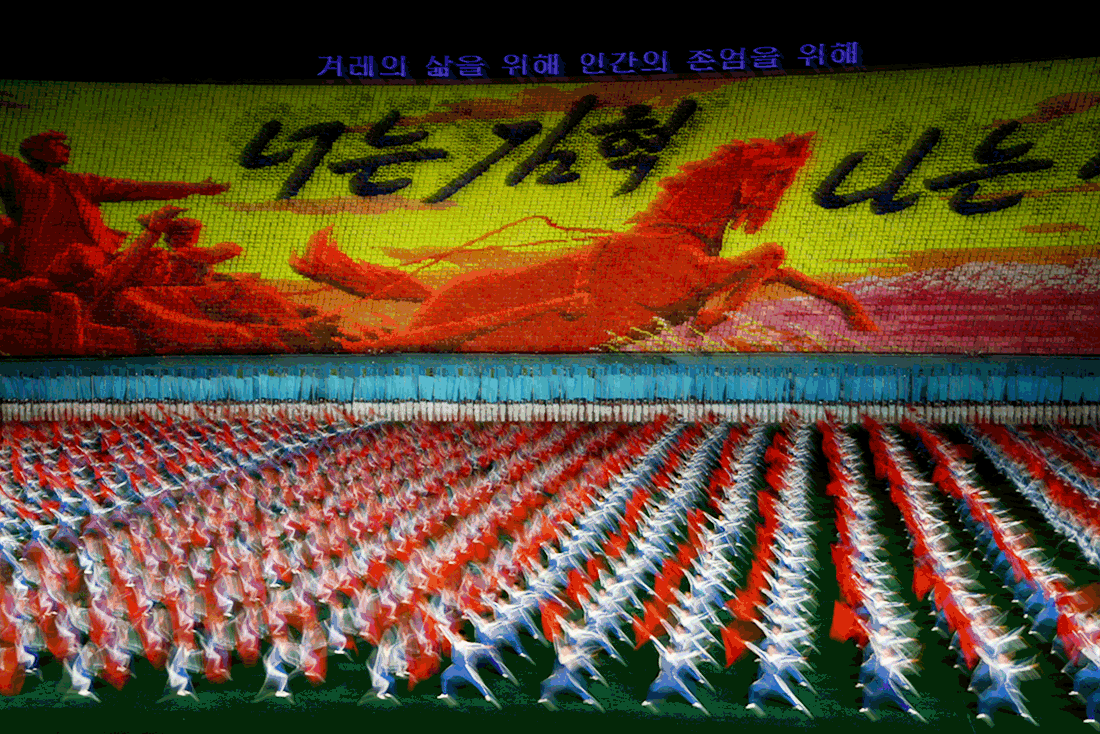
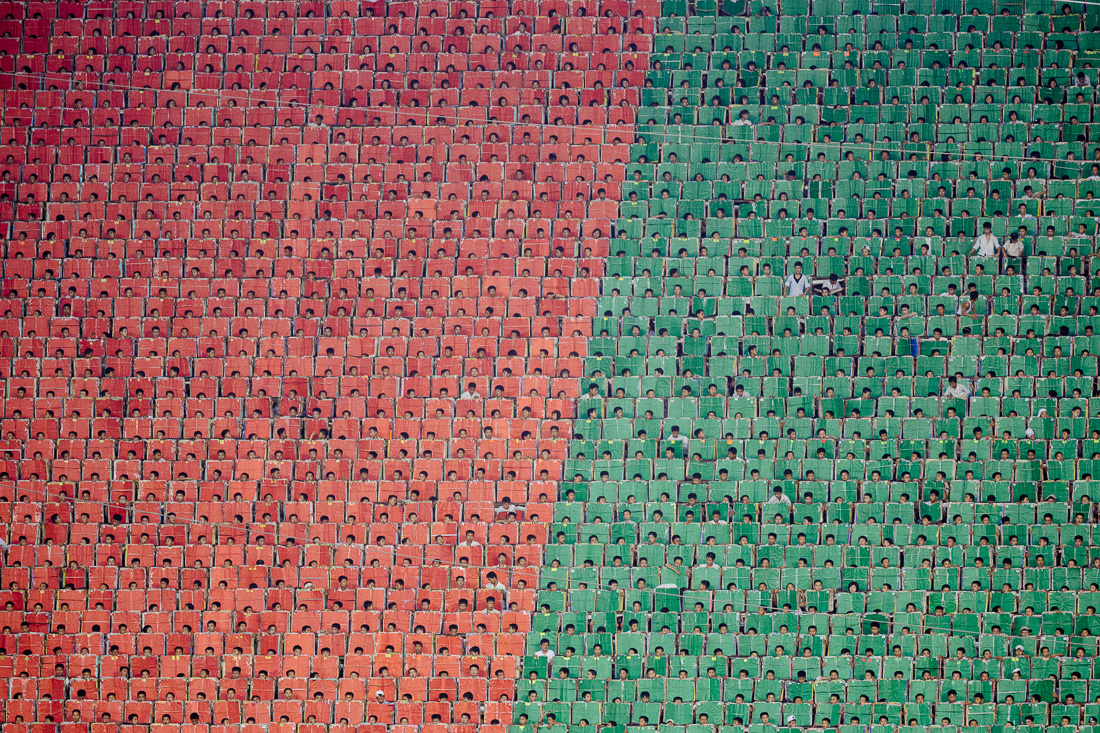
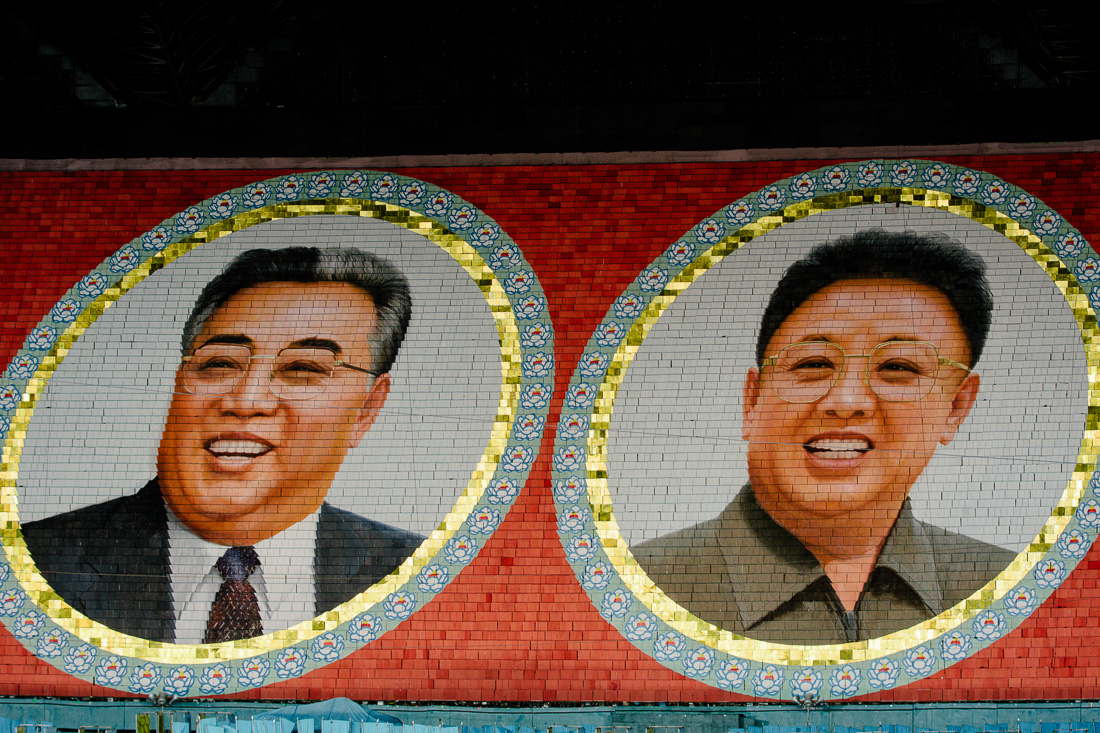
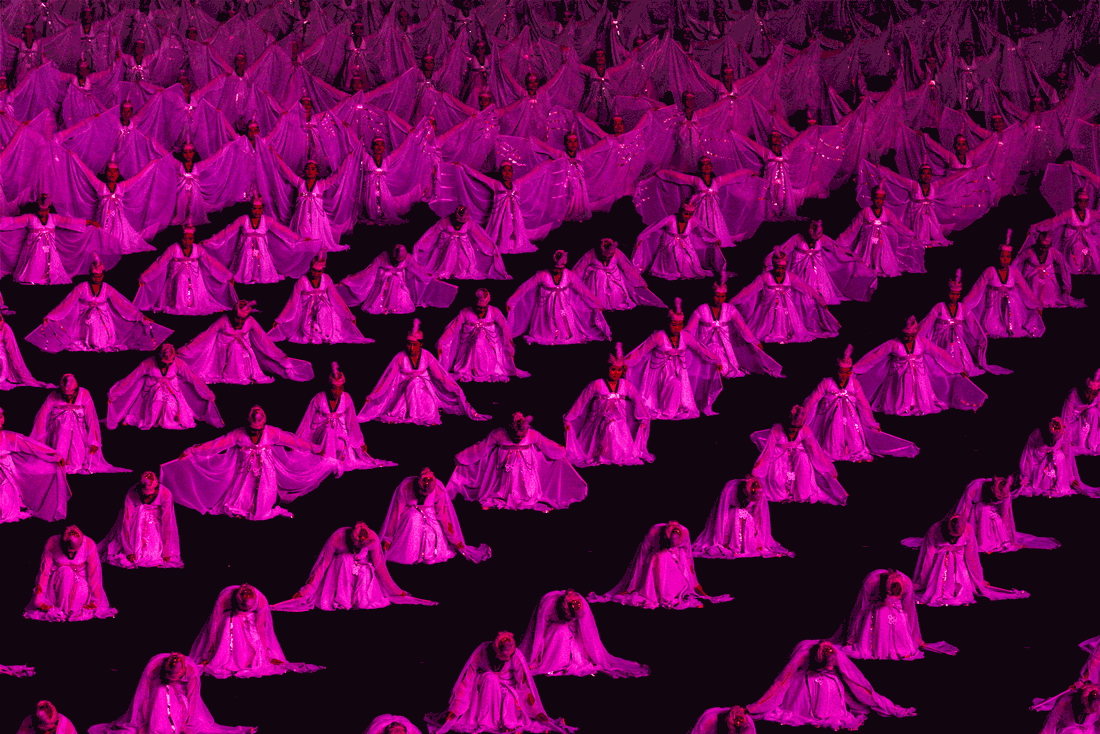
Music
The track in the video is “Gyeonu and Jiknyeo (견우직녀)” recorded by Sim Soo Bong, a female singer from South Korea who was popular in the late 1970’s. Her style is called ‘trot’ which is a synthesized Korean parallel to Japanese ‘enka’, both of which adapted Western Jazz with traditional ballads. She was one of the witnesses of the 1979 assassination of South Korean president Park Chung-hee. Park was a fan of Sim, and Sim had performed for the former president before the assassination. Read more…



